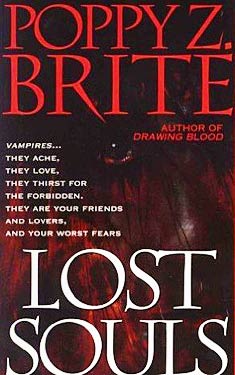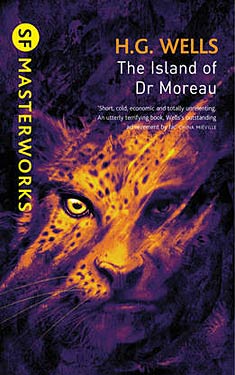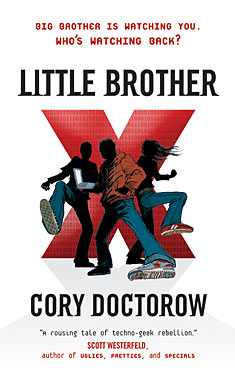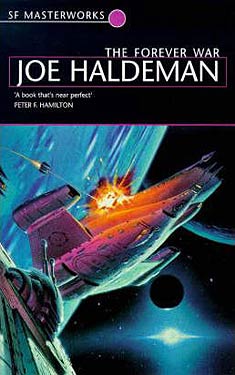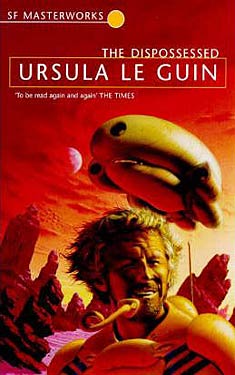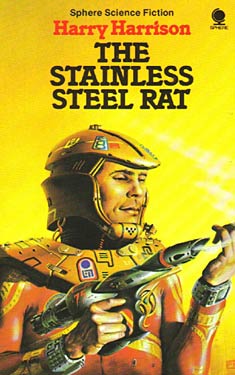Poppy Z. Brite
Completed 7/11/2014, Reviewed 7/18/2014
3 stars
“Lost Souls” is Brite’s first novel. It is an atmospheric alternative to the
vampire mythology of Anne Rice. Rather
than Rice’s subtle gay subtext, Brite’s vampires are overtly bisexual. And
vampires aren’t made, their born. But
like Rice, the main struggle for the vampire is about isolation and the search
for connectedness.
The book is primarily about a boy named Nothing, a vampire orphan who
begins coming into an understanding of his true nature at the age of
fifteen. He runs away from home in search of the “Lost Souls”, a small-town band to whom he feels a deep kinship. Ghost and Steve, the young adult members of
the band, live their own lives of quiet desperation in rural North
Carolina. There, they all happen across
a gang of sadistic adult vampires, with one of whom Nothing finds companionship
and perhaps love. When they leave North
Carolina for New Orleans, Ghost and Steve follow them, hoping to save Nothing
from the evil that seems to be in store for him.
“Lost Souls” is great on prose and great on character
development. Everything is described
quite exquisite detail. Nothing, Ghost,
and Steve all have the angst that was so prominent in the goth culture of the ‘90s. What’s sorely lacking is plot. The characters go around moping or causing
havoc, but there is no real suspense as these characters meet, separate, and come
back together for the finale. While the
storytelling is great, there isn’t much story to tell.
I feel like I did a disservice to myself reading a later
book of Brite’s first. By about halfway
through “Souls”, I realized she had done basically the same story much better
in the context of a ghost story in “Drawing Blood”. There, the meet and chase concept was much
tighter. The plot kept me going while I enveloped
myselft in her prose. “Souls” seems all
atmosphere, no substance.
Perhaps if I had been involved more deeply in the goth
culture of the ‘90s, not just hanging out at a pagan coffeeshop on Goth Night
to read Clive Barker while pale make-upped kids oozed on the dance floor to The
Cure and Marilyn Manson, I might have been more affected by the book. Instead, it just felt more like a reminiscing
of a passing fad. I really liked the
alternative vampire mythology, but even that couldn’t keep me from the
occasional boredom.
I give this book 3 stars out of 5. It’s a good book, just not that powerhouse I
expected after reading “Drawing Blood”.
Still, I must say that Brite is a really good writer. I still look forward to reading her third
horror novel. And I’m sad that she’s no
longer writing in the genre.
